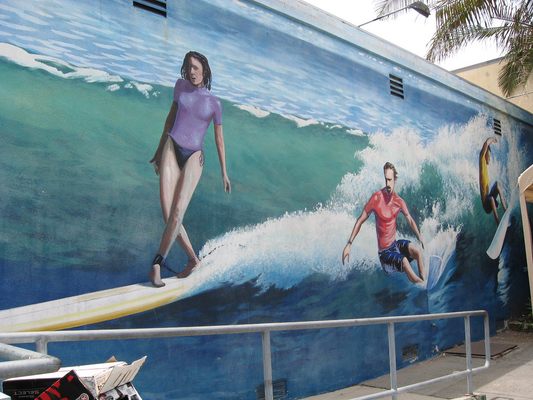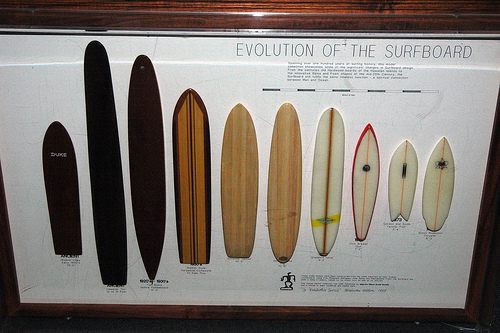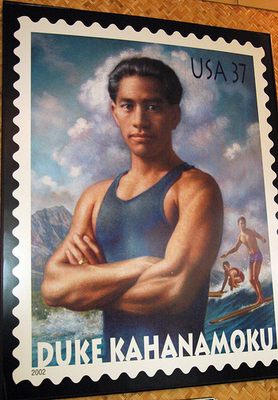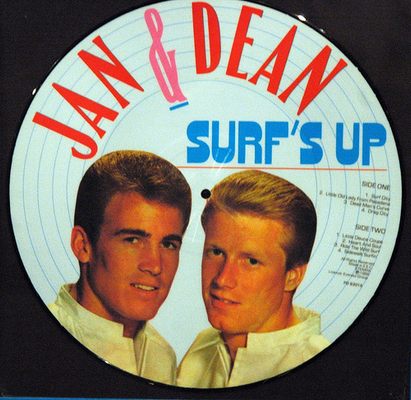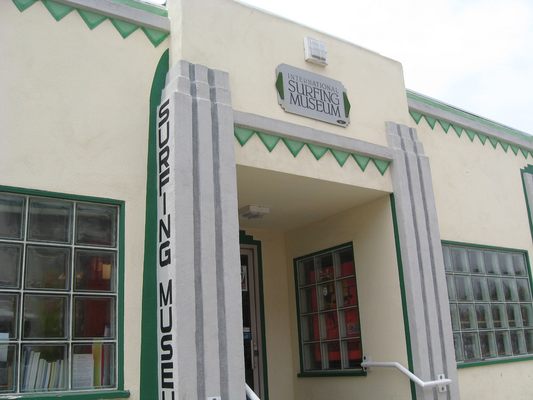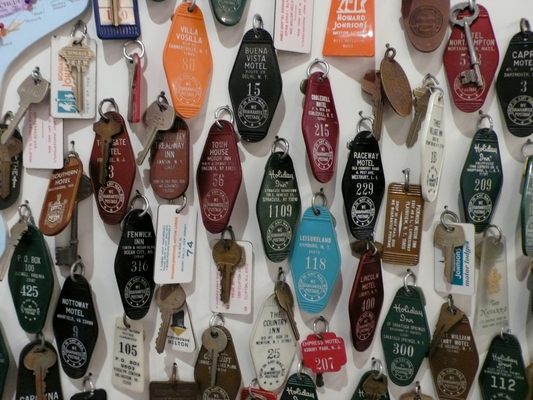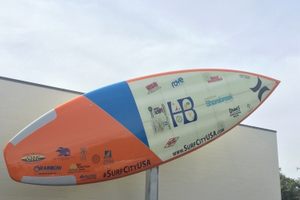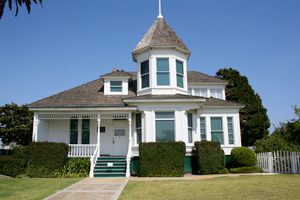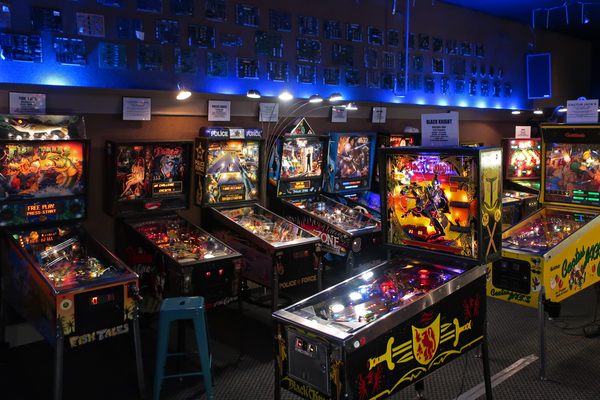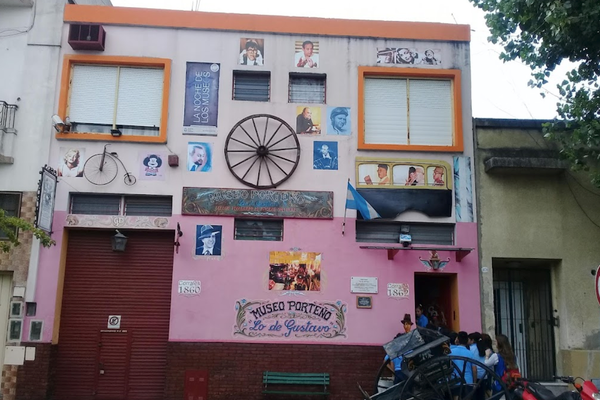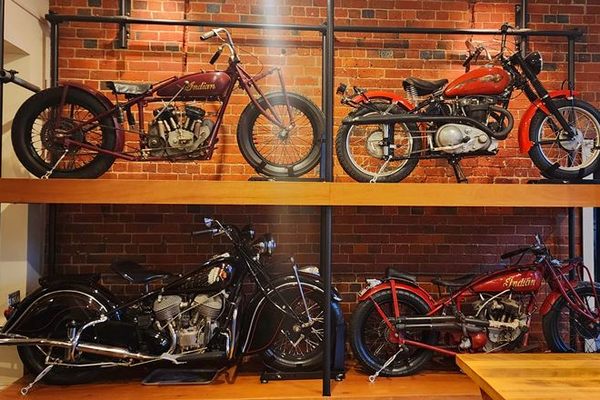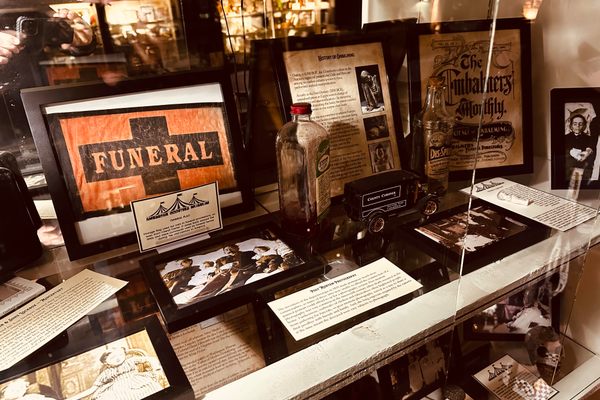About
Huntington Beach, California, was rated by Surfer's Almanac as the "most heavily surfed beach on the West Coast," so it should come as no surprise to find an International Surfing Museum in town.
Curiously, the origins of surfing are unknown. First observed by Europeans at Tahiti in 1767, surfing was both pastime and class system for the Polynesians. The Polynesian elites controlled both the best beaches and the best boards. Commoners were not allowed to surf on the same beaches, but it was possible to gain status by surfing on the heavy lower-class surf boards.
In Hawaii, Surfing was seen as both art and spiritual practice, though there was a class element to it there as well with the rulers having exclusive access to the best waves. Around the turn of the century small groups in Hawaii, Australia and California began reviving surfing, this time as a sport. After Gidget came out in the 1960s surfing exploded onto pop culture, and got periodic revivals such as in the 1980s.
Established in 1988 by local realtor Natalie Kotsch, the International Surfing Museum aims to preserve the history of surf culture throughout the world. Vintage surfboards, classic surf music, films, and related memorabilia are all on display.
Though the museum features rotating exhibitions, the permanent collection in this Orange County institution is mainly dedicated to Duke Kahanamoku, the Olympic swimmer from Hawaii who popularized the sport of surfing in the 1920s. Included in the collection is one of Duke's surfboards, several of his trophies, as well as a bronze bust display, formerly located at Duke's old surf spot under the Huntington Beach Pier.
Past exhibitions have explored the relationship between skateboarding and surfing, as well as honored the "surf sounds" of the Beach Boys and Jan & Dean.
Related Tags
Community Contributors
Added By
Published
February 20, 2010
